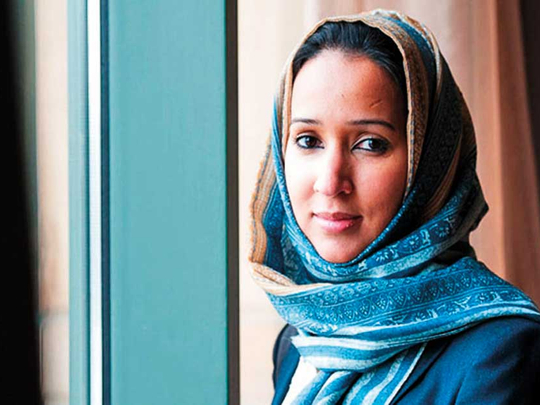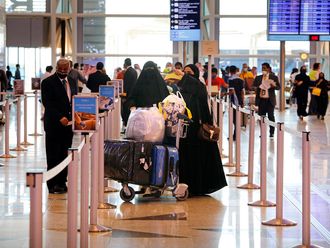
New York: Manal Al Sharif, one of the pioneers of pushing for the right of women to drive in Saudi Arabia, has praised Saudi King Salman Bin Abdul Aziz and Crown Prince Mohammad Bin Salman, for their recent decision to reverse a ban on women driving.
“The government took the right decision,” she said.
Observers believe there is a silent majority who back the push for women’s rights, but said the minority who oppose it, are very vocal.
Longtime campaigners like Fawziah Al Bakr, a professor who has been campaigning for the right to drive for nearly three decades, said they expected some resistance.
Immediately after the decision was made, a hashtag against women driving quickly began to trend.
“Religion has nothing to do with the issue,” she said, noting that women in other predominantly Muslim countries like Egypt, Sudan and Pakistan have been driving for a long time.
“All these women are Muslim and yet they are driving,” she said.
“Not being able to drive has nothing to do with Islam.”
Even within the country, some areas were far more tolerant than others.
For Al Sharif, growing up in a poor, conservative family in Makkah, she was taught that women were to remain at home.
But when she moved to the Red Sea port city of Jeddah, she saw women did not cover their faces and even had secret boyfriends.
Then she got a job with the state oil company, Saudi Arabian Oil Co.
On its sprawling compound, women enjoy greater freedoms than elsewhere in the kingdom, including the ability to drive.
She said the status of women in Saudi Arabia had been used by the government over the years to placate conservatives.
“Our rights as women were always used as a pawn in a political game, and that is what we wanted to stop,” she said. “That really kept the country behind.”
For many Saudi women, gaining the right to drive is not the end of the struggle.
Many hope the government’s next step will be to lift its so-called “guardianship laws,” which require women to have the permission of a male “guardian” to get a passport, travel abroad or undergo certain medical procedures.
That could take time, but Muna Abu Sulaiman, a television presenter, said the trajectory was clear.
About two thirds of the kingdom’s 22 million citizens are under 30, and they will grow up seeing women differently than their elders, she said. Many will not remember when women could not drive.
“I actually hate driving,” she said, laughing, but still planned to get a Saudi license.









